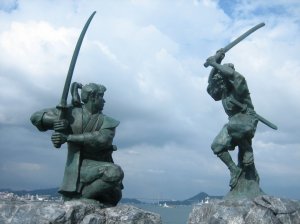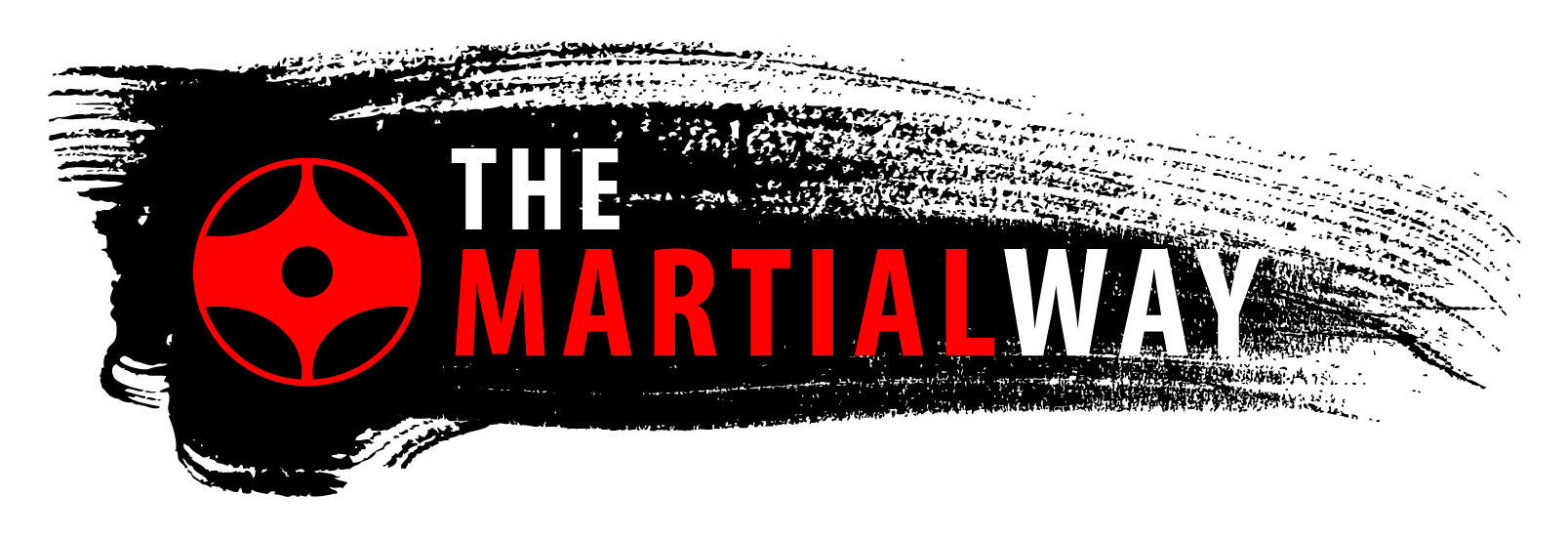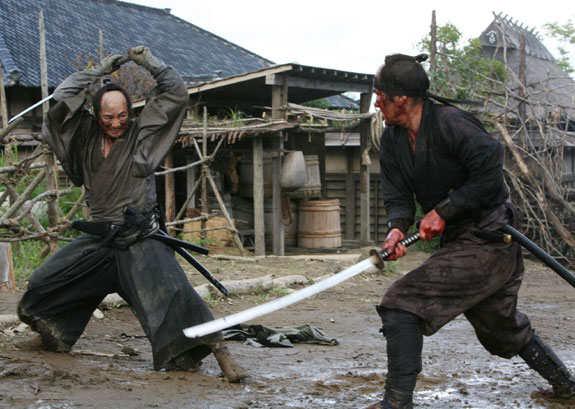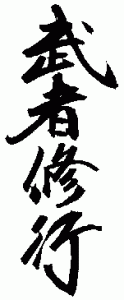My second flu of the year. Right after I say “I don’t get sick often“. I made it to class on Monday, as I wrote about in the last entry, Thinking Outside of the Box, though I was feeling sick. I’ve been worse since and should have heeded Fogarasi Sensei’s advice more.
At the end of Monday’s class Sensei, besides reflecting on the lesson of being unorthodox, he also alluded to a few of us being sick at the dojo. He talked about how important it is to try to be one with nature. Not to fight nature. In respect to getting sick, he talked about dressing appropriately, especially after a tough class when it’s still cold at night, or if you feel something coming on to begin treating it immediately.
Well, after my tough Sunday class, while still sweaty, I got on my motorcycle and drove on the cold highway, and when I felt something coming on I ignored it and tried to push on. The result? I’ve been sick ever since. OSU Sensei!
I’ve also been on staycation this week, so the positive of being sick at home is that I had a lot of free time for reading, watching interesting shows, and hanging out with my pooches.
I am re-reading Musashi and so today decided to watch a documentary on him, presented by Mark Dacascos, called Samurai – Miyamoto Musashi. I wasn’t really expecting much, but pleasantly surprised. It was really great and showed me things I never knew about the great samurai and writer of The Book of Five Rings. He traced the footsteps of Musashi’s Musha shugyō, which translates to warrior’s quest, or pilgrimage. Like Sosai Masutatsu Ōyama would do in his lifetime, as Musashi was a huge influence on him and the development of Kyokushin Karate.
There has been so much written about Musashi and I highly doubt I would have anything new to add. There are so many lessons to be learnt from Musashi that you could spend a lifetime studying his words, let alone his sword style.
However, there was one thing in the documentary that made me raise my eyebrows and rewind.
Before heading to his third Yoshioka-ryū duel, a duel where he knew he would be ambushed, Musashi stopped at a Shinto temple, as was the custom of that time, to pray for victory to the god of war, Hachiman. A warrior would summon the god by ringing a bell. Bow twice, and then send his prayer by clapping his hands twice.
Musashi approached the Shinto shrine and was about to ring the bell but stopped. He had never relied on the gods before, so why should he start now? This was a great moment for Musashi. In the face of death, he decided he could only rely upon himself. He stepped away from the bell and thanked the god for his enlightenment, and continued on his way. He later writes, “Respect the Gods and Buddhas, but do not rely upon them”.
 For me, this was very powerful. I believe what Musashi was saying is, you only have yourself to blame for defeat, and yourself to thank for victory. You can learn as much as you want, but it is up to you to practice and to perfect. No one can make you, but you.
For me, this was very powerful. I believe what Musashi was saying is, you only have yourself to blame for defeat, and yourself to thank for victory. You can learn as much as you want, but it is up to you to practice and to perfect. No one can make you, but you.
This is a great lesson for karate and life. We have no one to blame for our mistakes but ourselves. We can moan and groan about being sick, for example. Why me? Or, we can take responsibility and create lessons out of everything. For example, I am using this time off reading philosophy and other things to better myself mentally.
Like the old quote says, The harder I work, the more luck I have.


